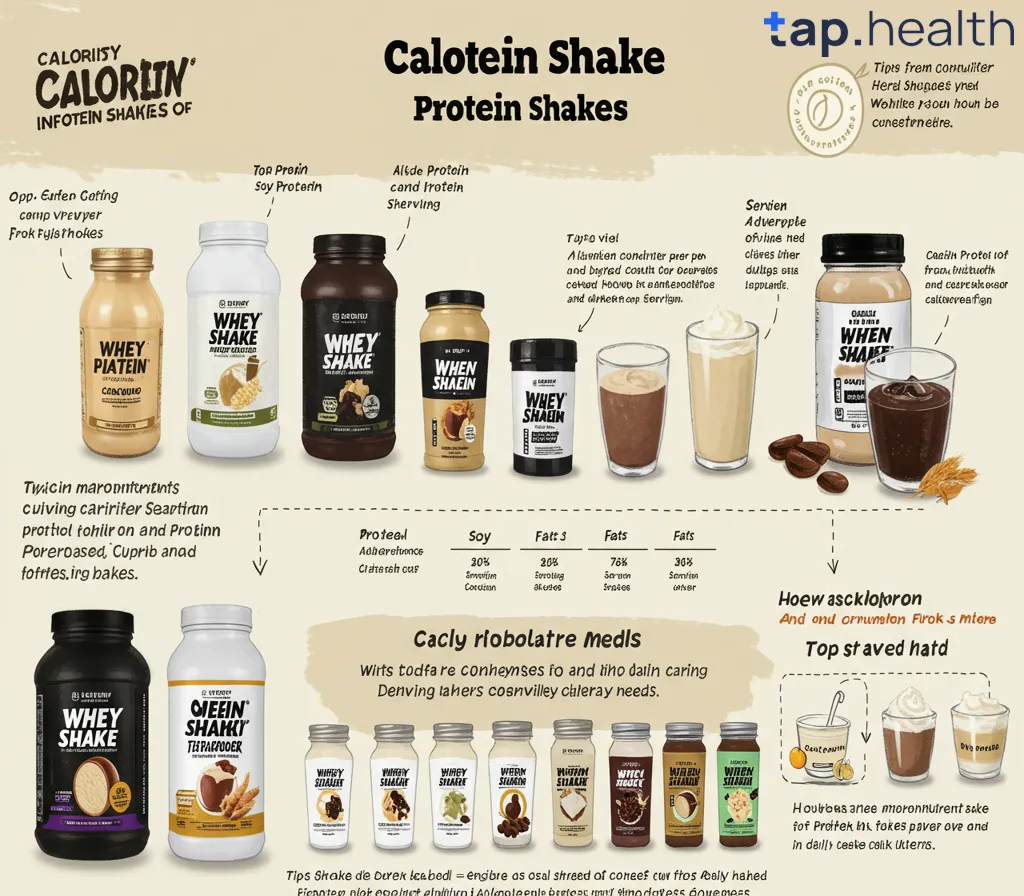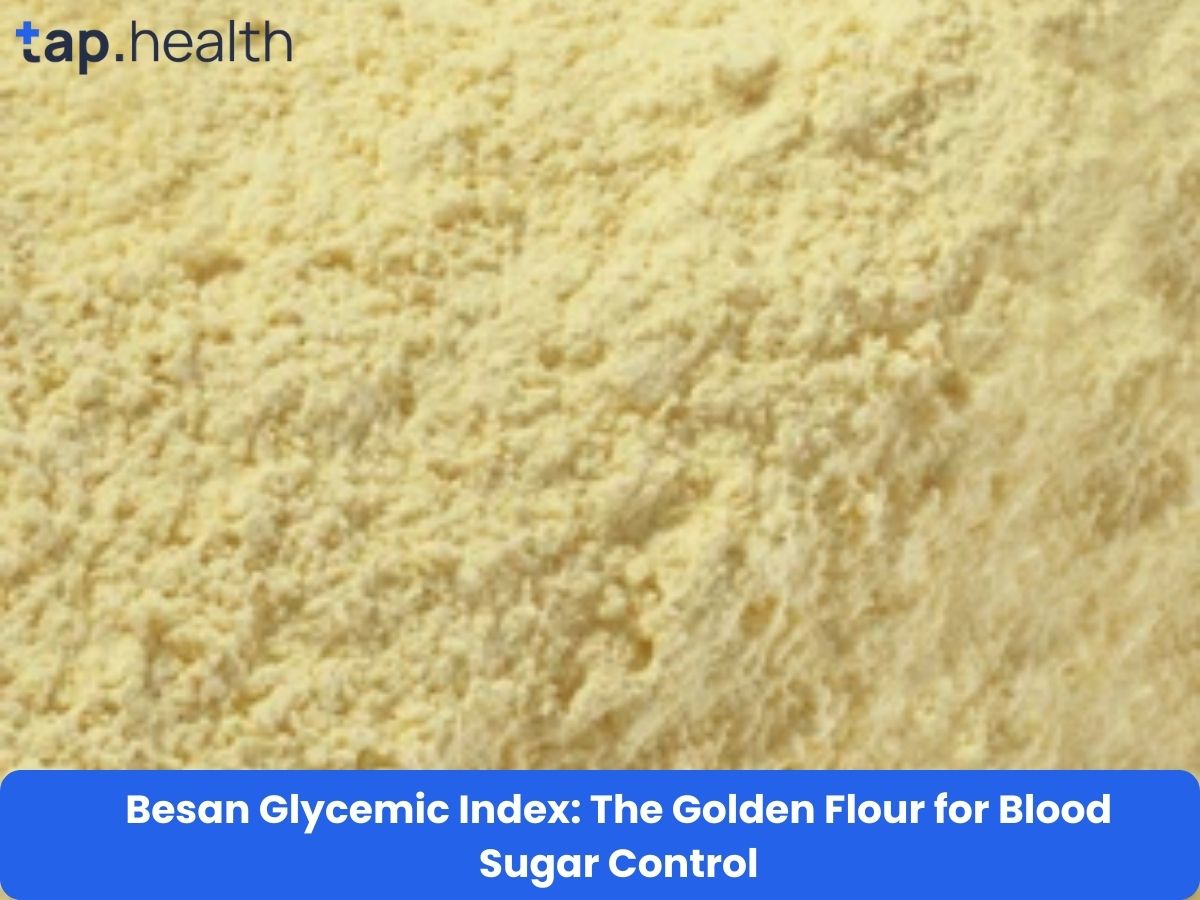Protein shakes have become a popular choice for fitness enthusiasts, athletes, and anyone looking to boost their protein intake. Whether you’re trying to build muscle, lose weight, or simply maintain a balanced diet, protein shakes can be a convenient and tasty option. But if you’re tracking your calorie intake, you may be wondering: How many calories are in a protein shake?
In this guide, we’ll dive into the calorie content of protein shakes, the factors that influence the number of calories in your shake, and how to make healthier choices when preparing or purchasing protein shakes. From store-bought options to homemade recipes, we’ll cover all the details you need to understand the nutritional value of your protein shake.
What is a Protein Shake?
A protein shake is a drink typically made by blending protein powder with liquid (like water, milk, or a dairy-free alternative). Protein shakes are often consumed as a meal replacement, post-workout recovery drink, or supplement to increase daily protein intake. They are available in many flavors and can be customized with ingredients such as fruits, vegetables, nuts, or seeds.
Protein shakes come in various forms, including:
- Whey Protein Shakes: Made from milk and rich in essential amino acids.
- Plant-Based Protein Shakes: Made from ingredients like peas, hemp, or rice for those who prefer a vegan or dairy-free option.
- Casein Protein Shakes: A slower-digesting protein made from milk.
- Egg White Protein Shakes: Made from the whites of eggs, providing a high-quality protein source.
The calorie content of a protein shake can vary based on the protein powder used, the type of liquid added, and any additional ingredients you choose to include.
How Many Calories Are in a Protein Shake?
The number of calories in a protein shake largely depends on the following factors:
- Type of Protein Powder: Different protein powders have varying calorie counts.
- Amount of Protein Powder: More protein powder equals more calories.
- Type of Liquid: Water, milk, and dairy-free milk alternatives have different calorie contents.
- Additional Ingredients: Adding fruits, nuts, seeds, or sweeteners will increase the calorie count.
1. Calories in Protein Powder
Let’s look at the average calories found in common protein powders:
- Whey Protein Powder: One scoop (about 30g) contains 120-130 calories.
- Plant-Based Protein Powder: One scoop (about 30g) contains 100-150 calories.
- Casein Protein Powder: One scoop (about 30g) contains 120-140 calories.
- Egg White Protein Powder: One scoop (about 30g) contains 100-120 calories.
2. Calories in Liquids Used for Protein Shakes
The liquid you choose can significantly impact the calorie count of your protein shake:
- Water: 0 calories.
- Whole Milk: 1 cup (240ml) contains about 150 calories.
- Skim Milk: 1 cup (240ml) contains about 90 calories.
- Almond Milk (unsweetened): 1 cup (240ml) contains about 30-40 calories.
- Coconut Milk (unsweetened): 1 cup (240ml) contains about 45-50 calories.
3. Calories from Additional Ingredients
If you add ingredients such as fruits, nut butter, or seeds, these will add extra calories to your protein shake. Here’s an estimate of calories for common additions:
- Banana: 1 medium banana contains about 100 calories.
- Peanut Butter: 1 tablespoon contains about 90 calories.
- Almonds: 1 ounce (about 23 almonds) contains about 160 calories.
- Oats: 1/4 cup of oats contains about 75 calories.
Example: Calories in a Basic Protein Shake
- 1 scoop of whey protein powder: 120 calories
- 1 cup of whole milk: 150 calories
- 1 tablespoon of peanut butter: 90 calories
Total Calories in this Shake: 360 calories
How to Calculate Calories in Your Protein Shake
To calculate the total calories in your protein shake, simply add up the calories from each component:
- Calories from Protein Powder: Check the nutrition label of your protein powder to see the calorie content per scoop.
- Calories from Liquid: Look at the calorie count on the label of your milk or dairy-free milk.
- Calories from Additional Ingredients: If you’re adding fruits, nut butter, or other ingredients, look up the calorie content per serving and add them together.
For example, if you use 1 scoop of whey protein, 1 cup of almond milk, and 1/2 banana, your shake would look like this:
- Whey Protein: 120 calories
- Almond Milk (unsweetened): 30-40 calories
- 1/2 Banana: 50 calories
Total Calories = 120 + 30 + 50 = 200 calories.
By following this method, you can easily calculate the calorie content of any protein shake, whether you’re making it at home or buying a pre-made version.
Protein Shakes for Different Goals
Protein shakes can be customized to meet various dietary needs and fitness goals. Let’s look at how the calorie content might change depending on what you’re aiming for.
1. Protein Shakes for Weight Loss
If you’re trying to lose weight, it’s important to keep your protein shake relatively low in calories while still providing enough protein to maintain muscle mass. Choose:
- Low-calorie protein powder (around 100-120 calories per scoop).
- Water or unsweetened almond milk as your base liquid.
- Avoid adding high-calorie ingredients like nut butters or full-fat milk.
A simple low-calorie protein shake might contain around 150-200 calories, depending on the ingredients.
2. Protein Shakes for Muscle Gain
If you’re trying to build muscle, you’ll likely want a higher-calorie shake to fuel your workouts and help with muscle recovery. Include:
- Higher-calorie protein powder (around 120-150 calories per scoop).
- Whole milk or a calorie-dense liquid like coconut milk.
- Add ingredients like nut butters, oats, or bananas for extra calories and healthy fats.
A higher-calorie shake for muscle gain could range from 300 to 500 calories or more, depending on your choice of ingredients.
3. Meal Replacement Shakes
If you’re using a protein shake as a meal replacement, aim for a more balanced shake with sufficient calories, protein, and healthy fats. This can keep you full and satisfied. Consider:
- Protein powder with around 120-150 calories per scoop.
- A mix of whole milk and fruits to add nutrients and calories.
- Healthy fats like avocado or nut butter to provide sustained energy.
A meal replacement shake typically contains 300-500 calories.
How to Make a Protein Shake Healthier
To ensure your protein shake aligns with your health and fitness goals, here are some tips to make your shake even healthier:
1. Use Clean, High-Quality Protein Powder
Choose a protein powder that is free from unnecessary additives, sugars, and artificial sweeteners. Look for options with minimal ingredients and choose whey or plant-based protein powders depending on your dietary preferences.
2. Watch Your Additives
While ingredients like fruit, nut butter, and seeds are healthy, adding too much can increase your calorie intake quickly. Be mindful of portion sizes to ensure you’re not adding excess calories if you’re watching your intake.
3. Stick to Low-Calorie Liquids
Water is the best option for a low-calorie protein shake, but if you prefer a creamier texture, opt for unsweetened almond milk or skim milk to keep the calorie count lower.
4. Add Fiber
To make your protein shake more filling, consider adding fiber-rich ingredients like chia seeds, flaxseeds, or spinach. Fiber helps improve digestion, controls blood sugar levels, and promotes satiety.
FAQs: How Many Calories Are in a Protein Shake?
1. How many calories are in a typical protein shake?
A typical protein shake made with one scoop of protein powder and water or almond milk contains around 150-250 calories. The calorie content can vary depending on the ingredients added.
2. How many calories are in a protein shake made with milk?
If you make your protein shake with whole milk, the calories will increase. A protein shake with 1 scoop of protein powder and 1 cup of whole milk could contain about 270-350 calories.
3. How many calories are in a protein shake with banana?
Adding a banana to your protein shake can increase the calorie content by around 100 calories. A protein shake with 1 scoop of protein powder and 1 banana could contain 250-350 calories, depending on the type of protein powder and liquid used.
4. Can I use protein shakes for weight loss?
Yes, protein shakes can help with weight loss by providing a filling and satisfying snack or meal replacement. To keep the calorie count low, use low-calorie protein powder, and choose water or almond milk as your liquid base.
5. How many calories are in a protein shake with oats?
Adding oats to your protein shake can increase the calorie content. 1/4 cup of oats adds about 75 calories to your shake. A protein shake with 1 scoop of protein powder, 1/4 cup of oats, and milk could contain 300-400 calories.
Conclusion
Protein shakes are a versatile and convenient way to increase your protein intake and fuel your workouts. The calorie content of a protein shake depends on several factors, including the type of protein powder, the liquid used, and any additional ingredients. On average, a protein shake can contain anywhere from 150 to 500 calories.
By adjusting the ingredients based on your specific goals—whether for weight loss, muscle gain, or meal replacement—you can easily create a shake that meets your dietary needs. Just be mindful of the portion sizes and types of ingredients you use to ensure that your protein shake aligns with your fitness goals.



